
•President Muhammadu Buhari
Sunday, March 29, 2020, President Muhammadu Buhari addressed Nigerians on the COVID-19 pandemic, detailing some of the stringent measures and restrictions the Nigerian government would implement to contain further spread of the coronavirus. Among other things, he ordered the cessation of all movements in Lagos, Ogun and the FCT for an initial period of 14 days with effect from 11 pm on Monday, March 30, 2020. The affected states recorded the majority of confirmed cases of COVID-19 in Nigeria.
The above presidential fiat restricting civil liberties has generated a flurry of debates regarding the legality of the president’s orders. While some lawyers have argued that in the absence of a law enabling restrictions to civic freedoms, the legality of the COVID-19 containment measures is questionable. For instance, Olisa Agbakoba, SAN, argued that it is illegal to seek to impose sanctions or restrict citizens’ movement without a legal framework. Agbakoba recommended that the National Assembly should, as a matter of urgency, pass a Coronavirus Act 2020. Legal minds sympathetic to this view urged the President to issue regulations pursuant to the Quarantine Act of 1926 for the safety and protection of Nigerians. On the other hand, however, legal scholars like Ebun-Olu Adegboruwa, SAN, contend that rather than resorting to presidential fiats, the President should invoke his powers under the Constitution to declare a state of emergency which must be approved by the National Assembly.
Two issues arise from this debate: first, whether a new law is required to legitimise the litany of COVID-19 containment measures that restrict civil liberties. Secondly, whether existing law sufficiently covers the field, granting necessary executive powers to the President to act and respond to a health emergency like COVID-19. Section 45 of the 1999 Constitution provides a prism for determining these two questions.
To understand the full import of Section 45, it must be read together with Section 305 of the 1999 Constitution. Section 305 (d) and (e) in particular empowers the President to declare a state of emergency when there is a clear and present danger of an actual breakdown of public order and public safety in the Federation or any part thereof requiring extraordinary measures to avert such danger; and when there is an occurrence or imminent danger, or the occurrence of any disaster or natural calamity, affecting the community or a section of the community in the Federation.
Does COVID-19 pandemic come within the definition of Section 305 (d)’s clear and present danger of an actual breakdown of public order and public safety in the Federation or any part thereof, requiring extraordinary measures to avert such danger? The answer is in the affirmative. Why? During a during a March 11 press briefing, the World Health Organisation declared the COVID-19 outbreak as a pandemic. The virus has spread so rapidly across the world, bringing countries with well-performing healthcare systems to their knees. As of March 29, 2020, Spain’s death toll from the coronavirus pandemic jumped to 5,690 with 832 patients dying within 24 hours. Likewise, over 104,000 cases have been confirmed in the United States, with deaths surpassing 1,700.Nigeria’s considerably low-infection rates witnessed in the early days of the pandemic dramatically turned around with over 97 confirmed cases and two deaths recorded as of April 1, 2020. In light of the above, COVID-19 pandemic fits within the definition of a public emergency which threatens the life of the nation entitling the Nigerian State to invoke derogation measures.
So, does the President require any new law to act in light of the provisions of Section 45 and Section 305 of the Constitution? The power granted to the Nigerian president under these sections are broad and expansive. By virtue of these provisions, the president is already empowered to take extraordinary measures to avert any danger that threatens public safety in the Federation or any part thereof. The phrase, extraordinary measures, extend and legitimise state powers to initiate a variety of actions that are not imposed in normal times, without recourse to a new law. Arguably, the combination of Sections 45 and 305 further serve to restrain any urge (by the executive or legislature) to push for repressive legislation that stifle democratic freedoms and shrink the civic space in times of emergency.
Declaring a state of emergency is the only constitutionally-approved requirement needed to confer legitimacy on the derogation of civic rights. In other words, the derogation from civic rights and freedoms is only allowable during a period of emergency (See Section 45 (2) of the 1999 Constitution). And, therefore, declaring a state of emergency in the Federation or any part thereof, and transmitting copies of the gazette containing the proclamation including the details of the emergency to the President of the Senate and the Speaker of the House of Representatives, confers the necessary legitimacy on any containment measures taken during the period. To this extent, no new law will be required for the President to act. And by extension, existing law sufficiently covers the field, and granting necessary executive powers to the President to act and respond to a health emergency of this nature.
As clearly seen from the letters of the law, President Buhari’s order for a total cessation of movement, except for essential supplies, in Lagos, Ogun and the FCT do not seem to align with the constitutional requirements laid down in Section 45 and 305. President Buhari did not declare any state of emergency, but went ahead to order the immediate implementation of measures that curtail rights and freedoms, putting a big question mark on the legality of governmental actions.
Nothing demonstrates the tensions between fundamental human rights and containment measures during health emergencies more than the blanket directive for the cessation of movement. Declaring a state of emergency affords strong legal protections to citizens’ fundamental rights in two major ways. First, the emergency period is only in force for a specific period of time. It is not indefinite. The derogation is not permanent. The maximum period allowed by the Constitution is six months. (S.305(6(C)). By limiting the period of emergency, it precludes overreach from the executive arm of government. It also means that the president lacks the power to derogate from civil liberties in perpetuity, thereby, limiting any disposition or potential descent into autocratic rule.
The second way the declaration of a period of emergency protects citizens’ rights is by insisting that any measures taken during this period are reasonably justifiable for the purpose of dealing with the situation that exists during that period of emergency. (Section 45 (2)). This requirement is sacrosanct. It proceeds upon the premise that derogations cannot just be ordered for the sake of it, but rather, must be reasonably justifiable. In its General Comment 2936 – on the subject of state of emergency – containing authoritative interpretation of the components of Article 4(a counterpart provision of Section 45 of the Constitution), the United Nations Committee on the International Covenant on Civil and Political Rights, ICCPR, laid down a number of requirements and procedures stipulating how valid derogations may or may not be undertaken.
According to the Committee, any state invoking Article 4 of the ICCPR to justify derogation from constitutionally-protected guarantees must comply with rigorous due process provisions relating to proportionality, notification of derogation measures, exclusion of the non-derogable provisions, non-discrimination, temporariness of exceptional measures and consistency of those measures with the state’s existing obligations under international human rights law. Nigeria ratified the ICCPR in 1993, and as such, is bound by the Committee’s recommendations.
Recognizing the propensity of state agents to overreach statutory authority is a continuing concernacross the globe, what the above interpretation means is thatCOVID-19 measures initiated by the Nigerian government must be time-specific, proportionate to the threats posed by the pandemic, reasonable, non-discriminatory, and respect the non-derogable provisions, especially the right to life.In fact, Nigeria is not excused from its international human rights obligations during periods of heath emergencies like the COVID-19 pandemic.
In conclusion, the COVID-19 pandemic is the first of its kind, and particularly the first to test Nigeria’s legal framework in very provocative dimensions. There is also a lot of confusion regarding the appropriate procedure to take and what constitute reasonable limits on emergency powers. That probably explains why President Buhari has been slow in making any public pronouncements regarding the pandemic.Now that he has done so,it needs to be emphasized that any decision taken at this time must align with the dictates of the law. Accordingly, the president needs to take steps to exercise his powers under Section 45 and 305 of the Constitution as required by law. Standing on that high moral and legal ground, the President can then deploy his presidential powers to rein in the excesses of various state governors in the name of containing Coronavirus pandemic in their states.
SPACES FOR CHANGE has observed that the disease-containment approaches adopted across the country especially by state governors, reinforces fears of deliberate governmental clampdowns on civic freedoms using COVID-19 as an excuse. Closure of state waterways, air and land borders, fall within the realm of federal question jurisdiction. Various state governors are invoking the doctrine of necessity, exercising powers ungranted by the constitution in the name of containing the spread of coronavirus. Something needs to be done to stem the tide of surging executive recklessness at the state levels. Urgently too. (Vanguard)
Ibezim-Ohaeri is the executive director of Spaces for Change(www.spacesforchange.org)


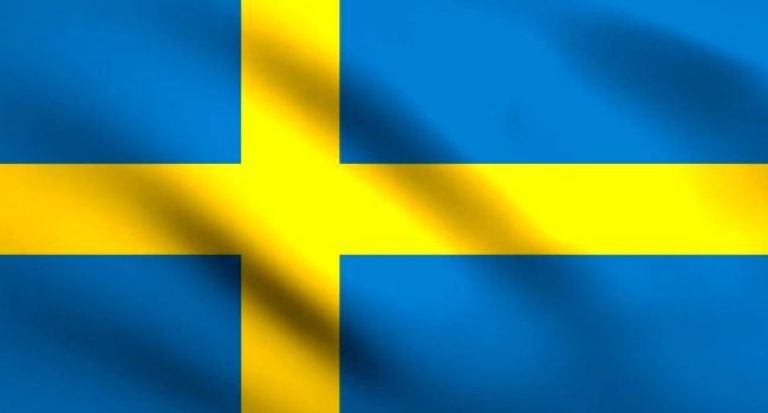
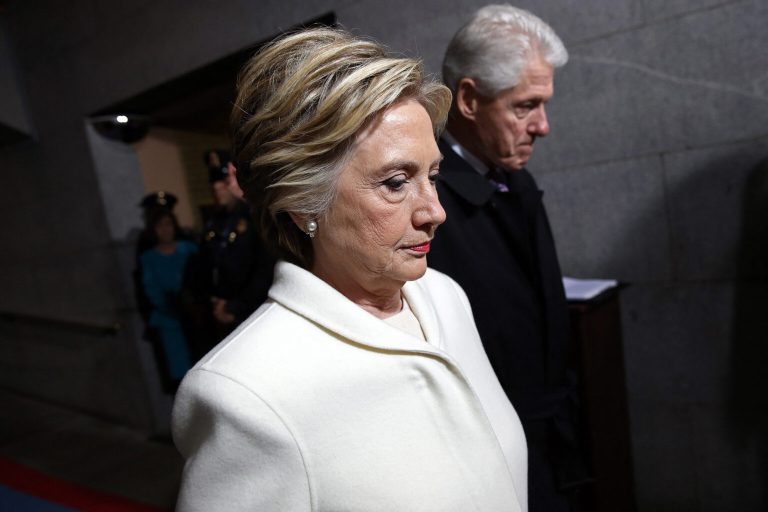
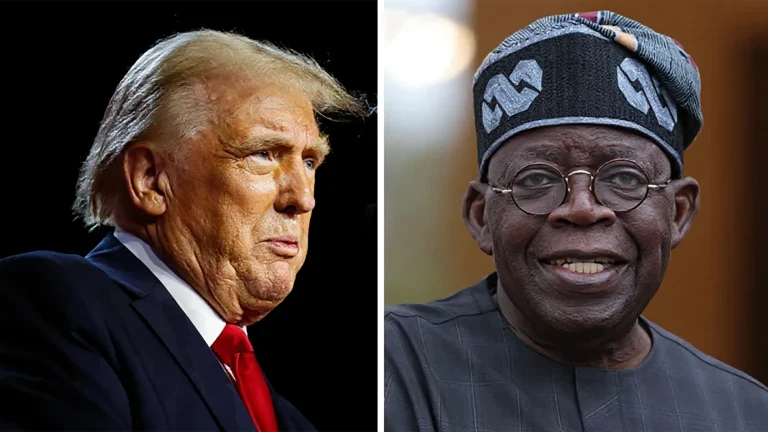
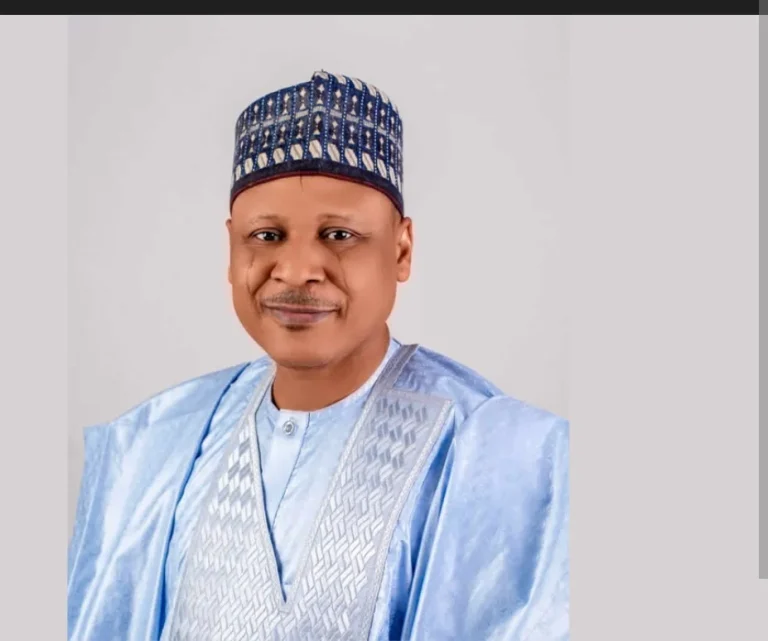
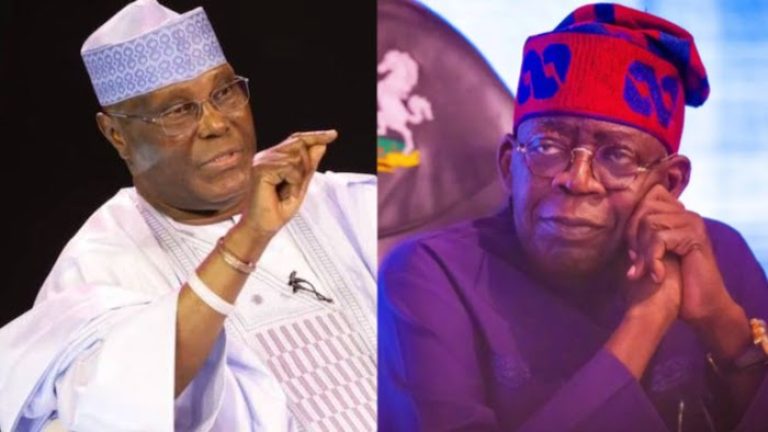
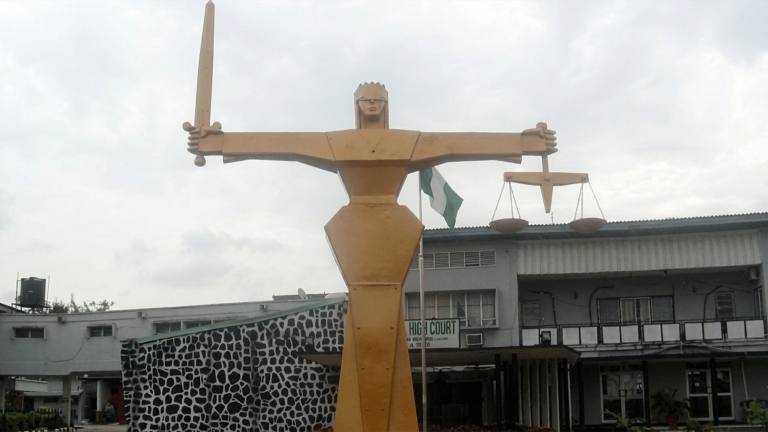
930105 851242Wonderful beat ! I wish to apprentice whilst you amend your internet site, how could i subscribe for a blog internet site? The account aided me a acceptable deal. I had been a bit bit acquainted of this your broadcast provided bright clear idea 150274